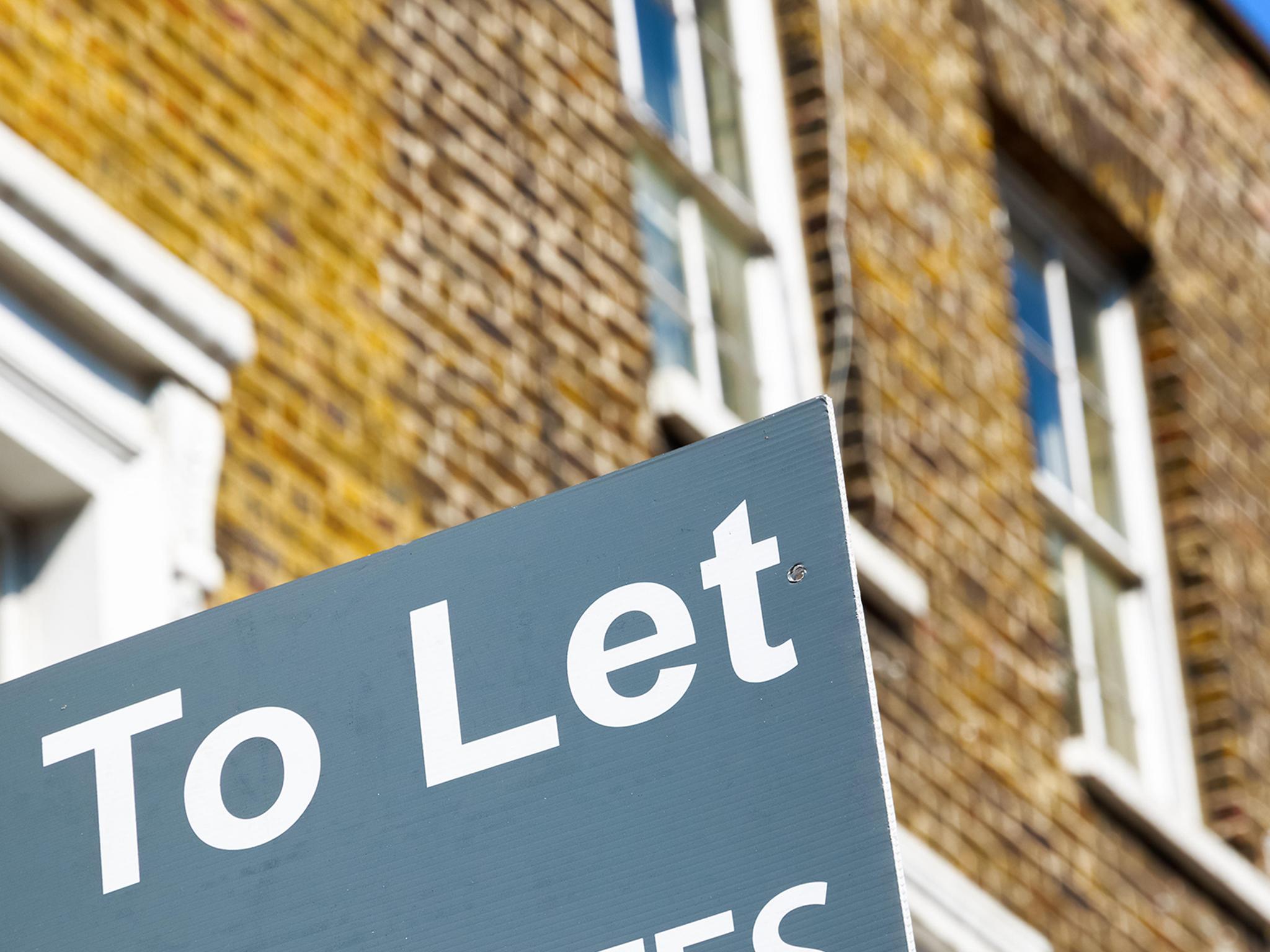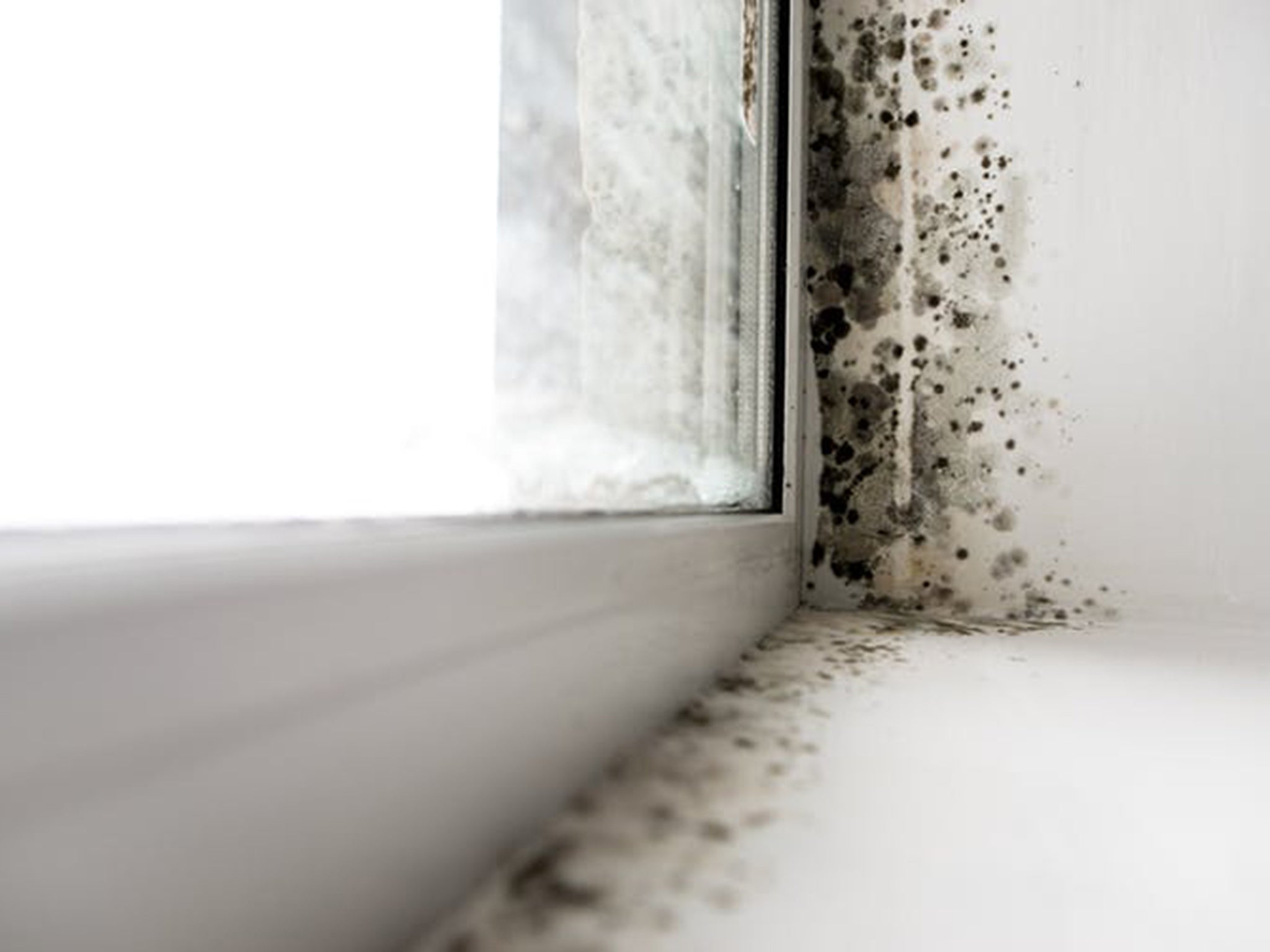Renters are more likely to have poor health than those who own, researchers say
There are links between housing and health, and research shows that those who rent privately have worse health than those who own properties, say Amy Clair and Amanda Hughes

Your support helps us to tell the story
From reproductive rights to climate change to Big Tech, The Independent is on the ground when the story is developing. Whether it's investigating the financials of Elon Musk's pro-Trump PAC or producing our latest documentary, 'The A Word', which shines a light on the American women fighting for reproductive rights, we know how important it is to parse out the facts from the messaging.
At such a critical moment in US history, we need reporters on the ground. Your donation allows us to keep sending journalists to speak to both sides of the story.
The Independent is trusted by Americans across the entire political spectrum. And unlike many other quality news outlets, we choose not to lock Americans out of our reporting and analysis with paywalls. We believe quality journalism should be available to everyone, paid for by those who can afford it.
Your support makes all the difference.Our homes play a number of vital roles in our lives. They are where we rest, spend time with friends and family, and can be most ourselves.
Given this central role it is not surprising that researchers have found a number of important relationships between the homes we live in and our health.
A lot of this evidence uses subjective measures, where people are asked in surveys to rate their health, usually on a scale of “poor” to “excellent”.
Our recent paper added to this evidence by exploring the association between housing and health using an objective indicator: C-reactive protein (CRP) level. CRP is a marker found in the blood that is associated with infection and stress, and at high levels with increased risk of cardiovascular disease.
We found that private renters have higher levels of CRP, indicating worse health, than owner occupiers. People who lived in detached houses had lower CRP compared to people living in other types of housing, such as flats or semi-detached homes.
Surprisingly, we found that people paying high proportions of their income on housing costs had lower CRP levels, although only if they were renting. These findings have important implications for current housing debates, particularly in England.
Home quality
The poorer health of private renters in our study may reflect the average lower quality of homes in the sector.
Privately-rented homes, for example, are more likely to have damp than social-rented or owner-occupied homes, and less likely to have central heating.
Efforts to improve home quality in the UK rental sector have tended to struggle in parliament, raising questions about conflict of interest for MPs who are also landlords.

Despite this, from March this year UK landlords will be required to maintain the condition of their properties throughout the tenancy to a habitable standard, with new routes of redress for tenants where these standards are not met.
That our analysis did not find a similarly negative health association for tenants in social housing, where a statutory minimum standard for housing (the Decent Homes Standard) is already in place, suggests that these new protections may improve the health of private tenants.
Affordability
We also found that paying high proportions of income on housing costs was positively associated with renters’ health.
This was a surprising finding given the substantial evidence linking more affordable housing with better health, but likely further emphasises a link with housing quality.
Renters seem to have to place themselves under financial strain to access decent quality housing and avoid the negative health impacts of poor housing. This finding supports efforts to improve housing affordability, challenging the move from social to more expensive “affordable rent” homes and reductions to housing benefit.
Social housing
In support of this, the charity Shelter recently argued for significantly more social housing to be built. Although expensive, at £10.7bn per year, the savings from reduced housing benefit expenditure (currently costing the UK government around £21bn per year) and increased productivity mean the building of 3.1 million homes is estimated to pay for itself within 40 years.
Our results suggest further potential savings due to improved health. Additionally, increased building could tackle the significant lack of housing suitable for disabled people, with implications for health, well-being and employment.
Of course, as the Grenfell fire starkly demonstrated, social housing is not without its flaws, but the regulation and enforcement suggested in the report, alongside improvements due to the Homes (Fitness for Human Habitation) Act, should make significant improvements.
Right to Buy
Meanwhile, a recent report found that over 40% of social housing in London sold through the Right to Buy scheme is now in the privately-rented sector. This level is similar to previous findings.
As well as the important implications for social housing stock and government spending, our results indicate that this shift may well be having a significant impact on health, and provides additional support for calls to suspend or end Right to Buy in England, rather than extend it, as the government currently plans (Right to Buy has already been suspended in Scotland and Wales).
Security
Housing quality is not the only way in which housing affects health. The poorer health associated with private renting and better health associated with detached homes points to previous evidence linking housing security, autonomy and control with health.
Tenants in the privately-rented sector are typically living in homes with tenancies of only six to 12 months, and can be evicted without having done anything wrong (Section 21 evictions), undermining their sense of security and control. Section 21 evictions are sometimes used for “revenge evictions”, leading to tenants living in substandard homes scared to ask for improvements. Given these conditions, it is unsurprising that private renters are less likely to feel that where they live is their home.
Section 21 evictions are now the most common reason cited by households seeking homelessness assistance in England. Private renters can end up moving so often that some have suggested that they have been forced to become nomadic. Ending Section 21 evictions would improve private renters’ sense of security and control – and potentially health.
Similarly, organisations such as Shelter have campaigned for a switch to landlords providing longer tenancies as standard as one way to improve security for private renters. This idea appears to be gaining some ground: the UK government consulted on introducing three-year tenancies last year.
Together our findings, alongside those from previous research, highlight the importance of thinking about housing policy holistically. Policy should recognise the diverse and important roles housing plays in people’s lives, and prioritise its function as a home, rather than an asset.
Amy Clair is a research fellow in social policy at the University of Essex. Amanda Hughes is a senior research associate in epidemiology at the University of Bristol. This article originally appeared on The Conversation
Join our commenting forum
Join thought-provoking conversations, follow other Independent readers and see their replies
Comments